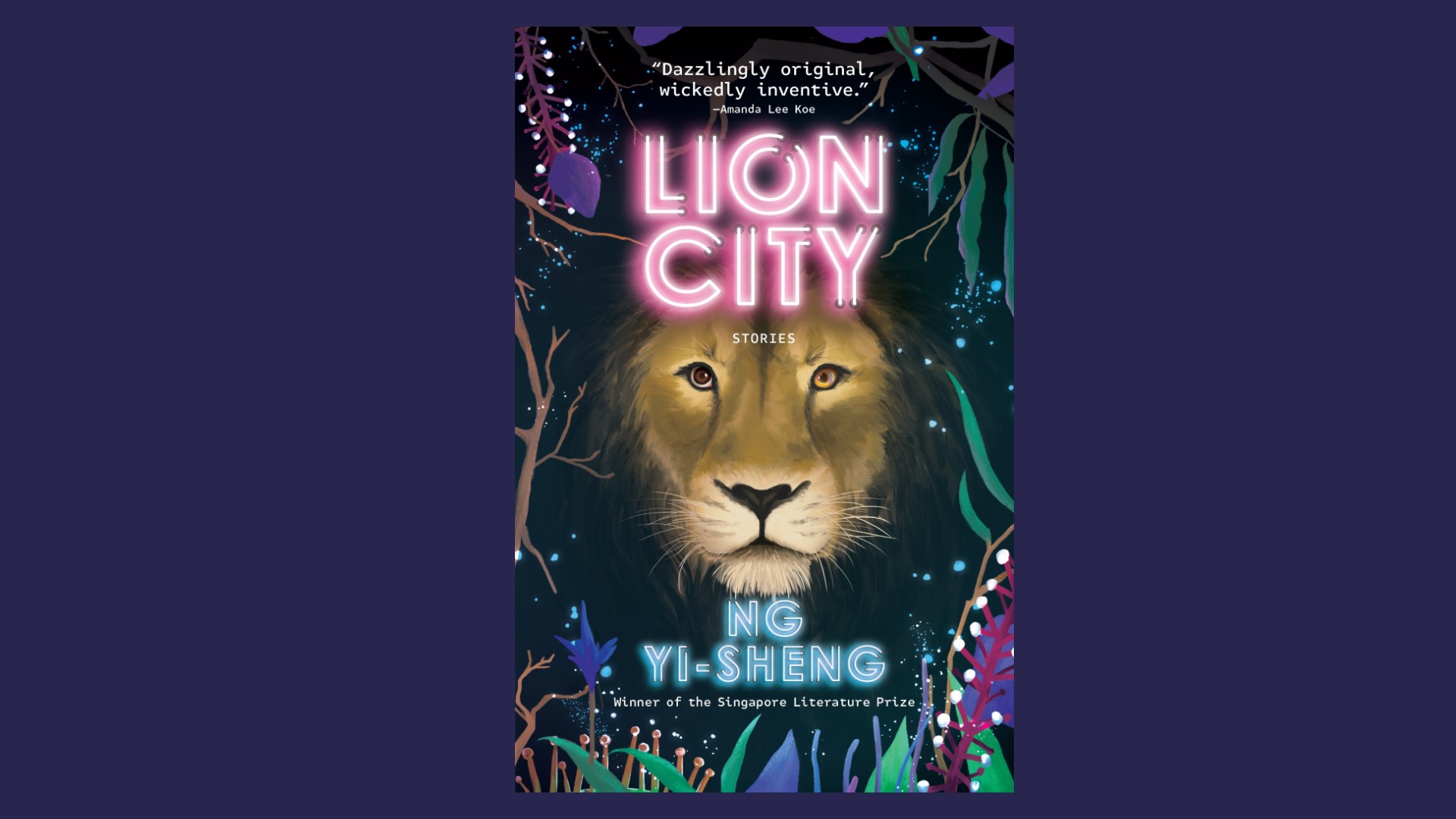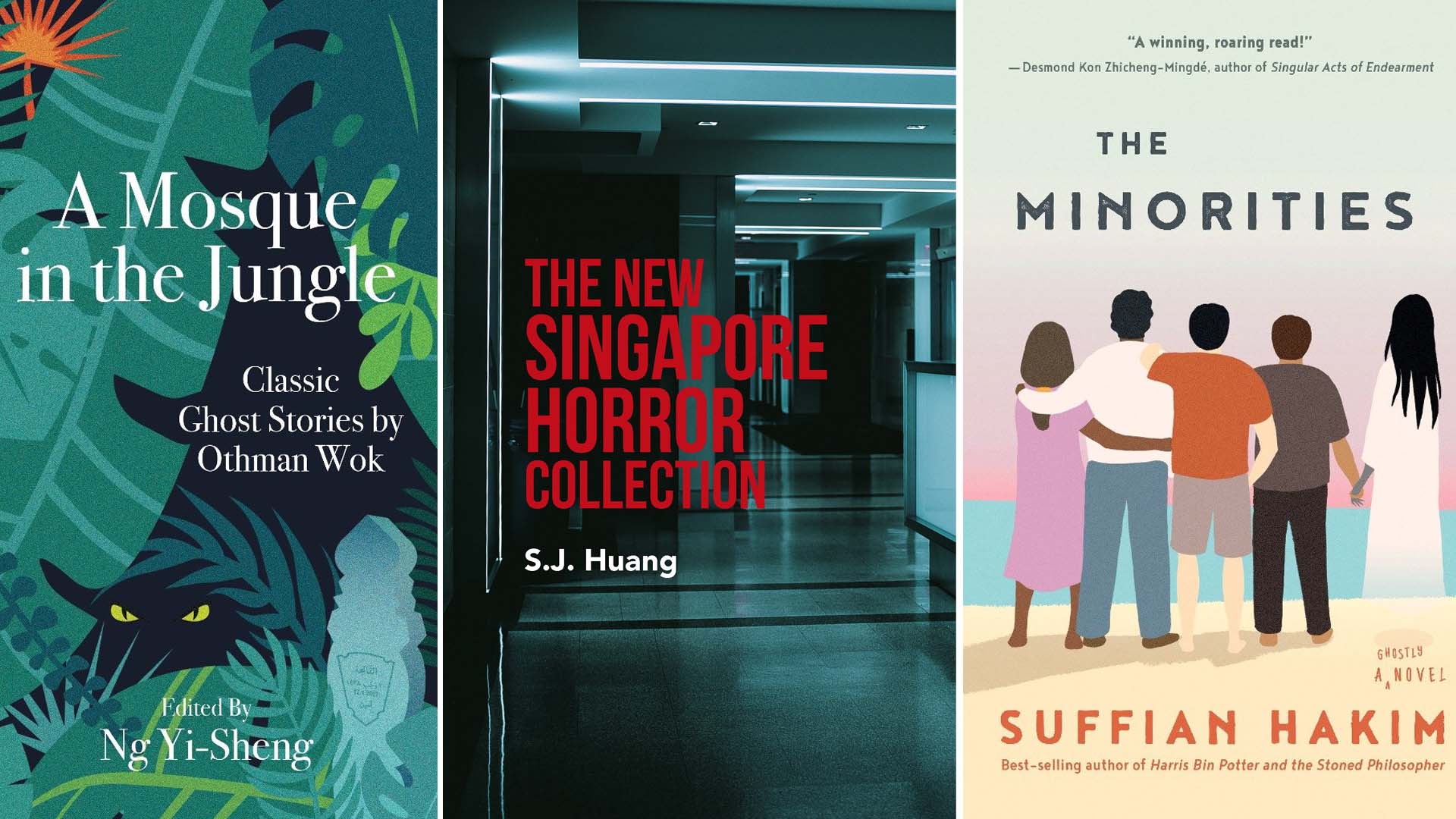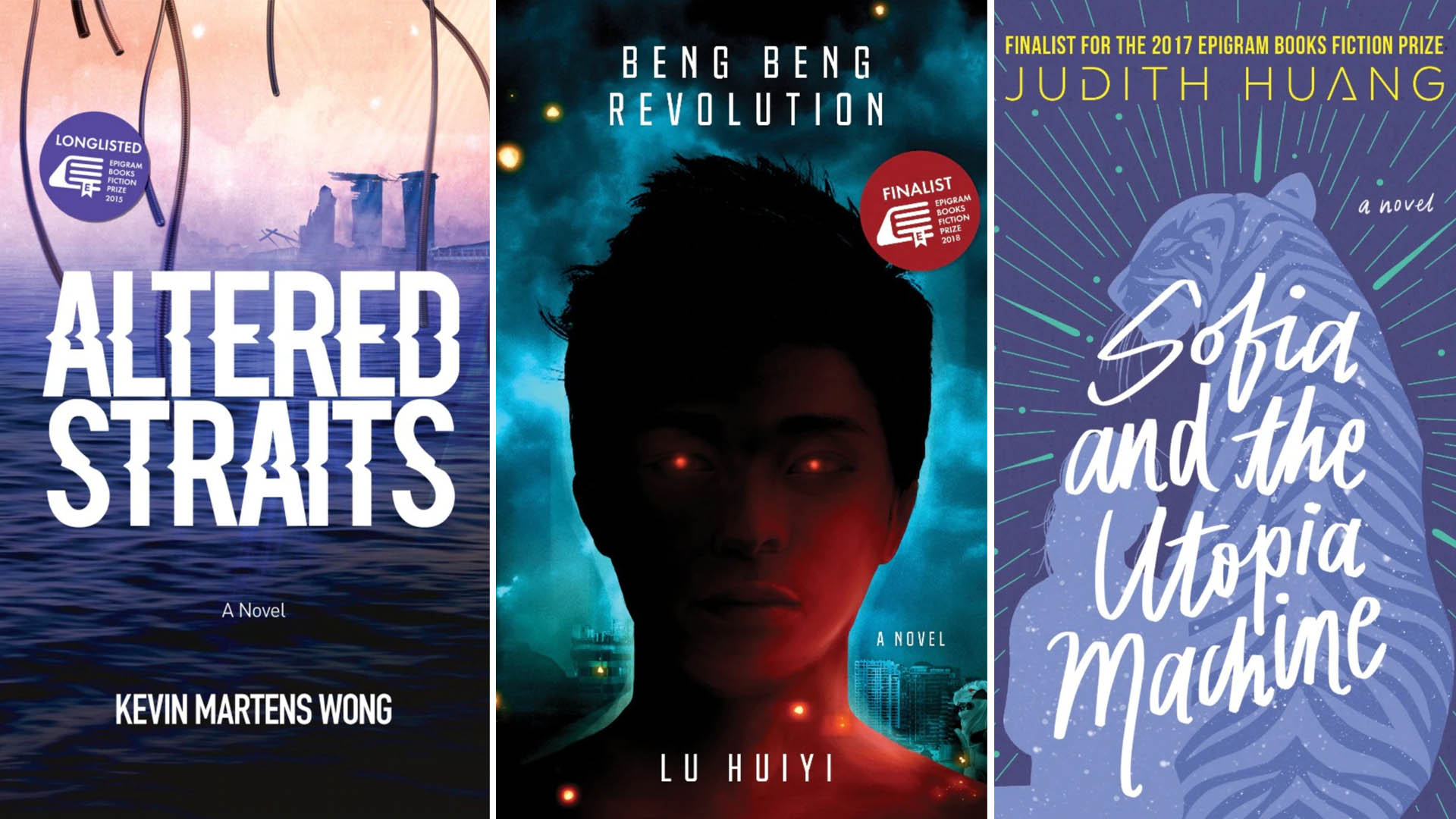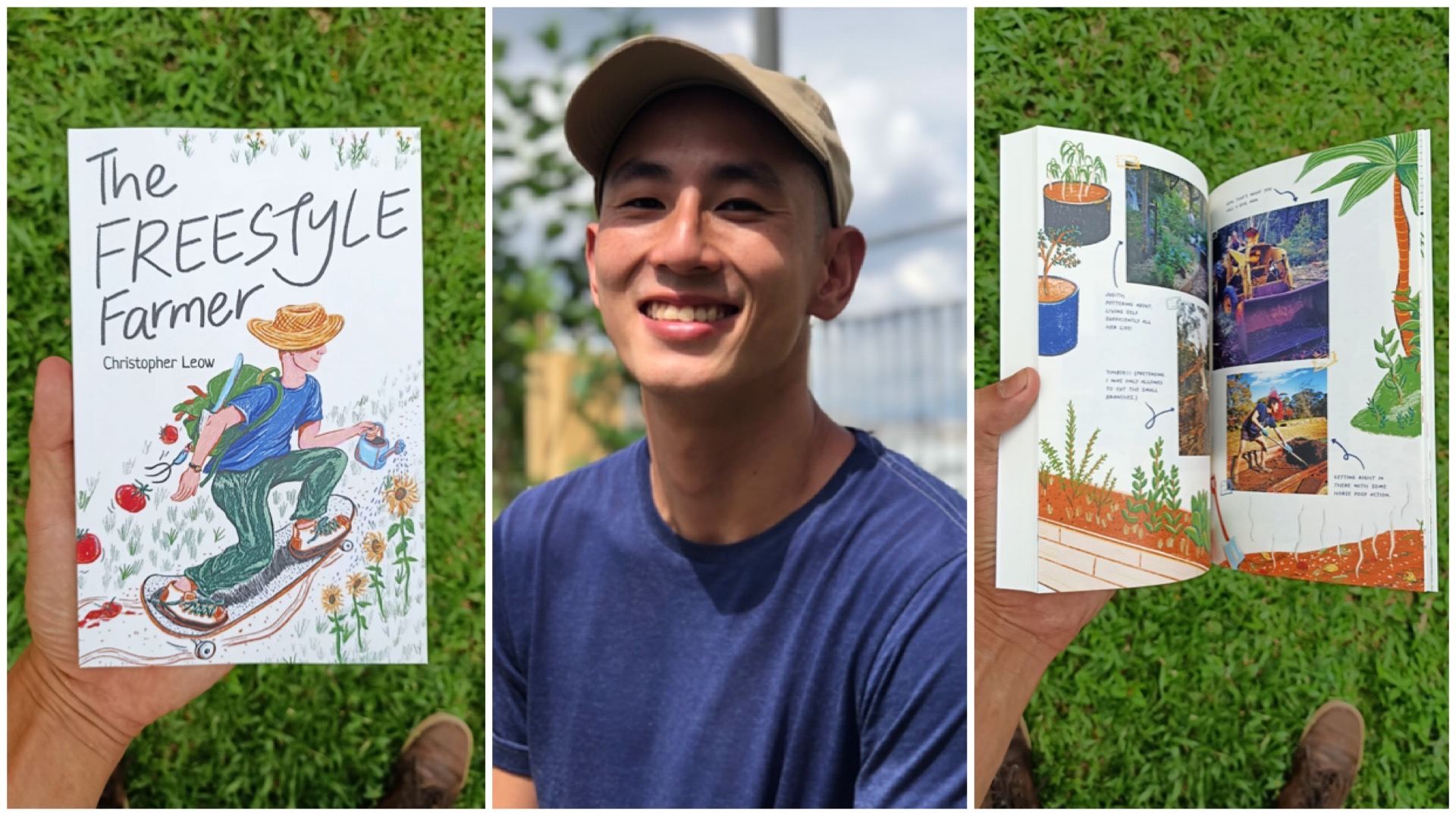Lion City: Ng Yi-Sheng's Award-Winning Speculative Fiction Is Exquisitely Weird
Earlier this month, Ng Yi-Sheng’s debut short story collection, Lion City, co-won the Singapore Literature Prize for Fiction in English, alongside Akshita Nanda’s novel, Nimita’s Place.
I’d read Ng’s entry in Volume IV of The Best New Singaporean Short Stories – a tale about demon-like creatures that appear after the haze – and well, let’s just say that I was both surprised and impressed that the award went to a work of speculative fiction, a genre oft-overlooked in prestigious literary circles.
I plunged into Lion City on a rainy Sunday and emerged, hours later, as if from a fever dream.
Lion City is weird. It is Singapore history on drugs. No two stories are alike, but all of them will make you go “wtf” at least once. Changi Airport becomes a hub for the gods. Singapore disappears and only Singaporeans remember its existence. A man becomes convinced that he is a reincarnated bowl of laksa.
Ng’s surrealist takes on Singapore history and folklore examine capitalism, colonialism, and immigration through a fantastical lens. Remember how Bukit Merah got its name? “The Boy, the Swordfish, the Bleeding Island”, revisits the legend by telling a story within a story. In this version of Singapore, a novelist writes a bestseller about an alternate history where the boy who saved the village from swordfish hadn’t been killed by the Raja. Led by the clever boy, Singapore rides out the centuries as an empire, rather than as a colony.
“Garden”, a choose-your-own adventure story spanning a millennium, follows a time-traveling concubine as she hops between Sang Nila Utama’s discovery of Singapore, Sir Stamford Raffles’ final days, and even into future versions of our country imagined by authors Kevin Martens Wong and Han May. (You also meet a talking Merlion and a twentysomething Lee Kuan Yew).
Elsewhere, Lion City features pore-sized aliens, robotic lions, and a crocodile prince. While a few of the stories, like "Suburbia" (told entirely in press statements) and "Little Red Dot" (aforementioned aliens) lost me a bit with their abstractness, most of the other tales - however weird - are steeped in a poignancy befitting stories of home.
Speculative fiction might not be everyone's cup of tea, but here's to Ng Yi-Sheng for his unique depiction of life in Singapore.
Available in hard copy and in e-book form on Epigram
For the latest updates on Wonderwall.sg, be sure to follow us on TikTok, Telegram, Instagram, and Facebook. If you have a story idea for us, email us at [email protected].



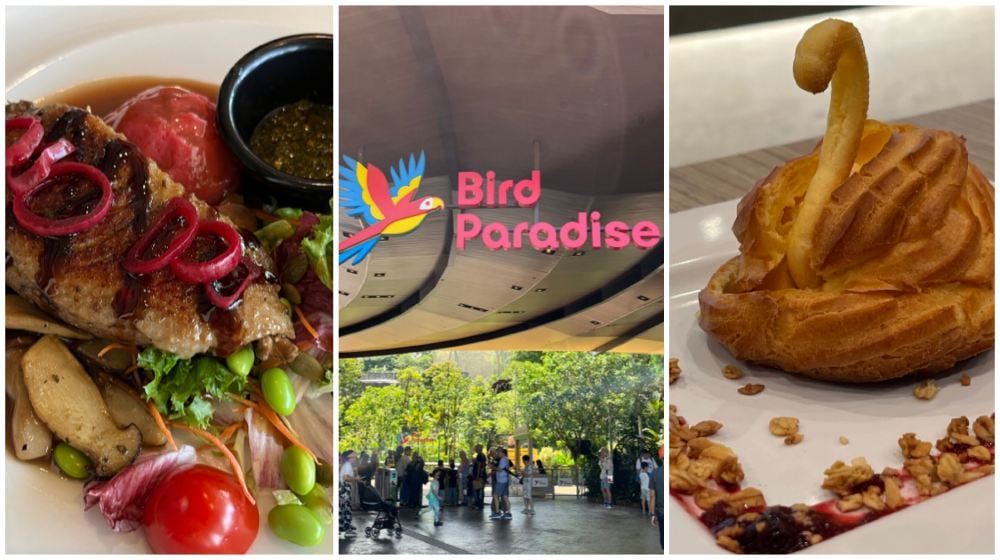

/roundup_19_april_2024_rectangle.jpg?sfvrsn=898f23d7_1)

